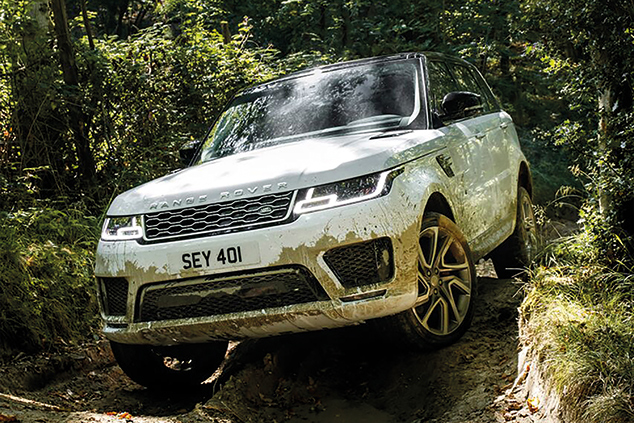
As Niels Bohr, the father of the atom bomb, famously pointed out, “predictions are difficult, especially about the future”. But this column isn’t bad at it. At the start of January last year, I suggested that Amazon might buy Waterstones, Barclays might buy Worldpay, Philip Green might sell Top Shop, and Facebook might buy WPP. None of those predictions came to pass exactly, but they were in the right territory. Waterstones was indeed sold, to the private- equity firm Elliot Advisers. Worldpay was sold to Vantiv. Green was reported to have tried to sell his flagship fashion chain. WPP was in enough trouble to get rid of its long-serving CEO Martin Sorrell. So, keeping in mind that none of them might actually happen, here are five potential deals that might shake things up in the year ahead.
1. M&S demerges
The connection between a struggling, slightly dowdy clothes chain, and an upmarket food and convenience store chain has always been mysterious. But with every year that passes, and with more and more standalone Simply Food outlets opening up, M&S looks more of a mess than usual.
The shares have halved in the last three years. The solution? Split the company up. The clothing chain would probably remain in genteel and possibly terminal decline, but the food unit could thrive in a world where we’re all obsessed with what we eat.
2. Metro buys NatWest
With its bright blue and red storefronts and snazzy customer service, Metro Bank is reinventing high street financial services and proving there is still demand for retail branches. But like many start-ups before it, it may soon find it needs genuine scale to make a real success of consumer banking. The only way to get that is to make an acquisition. The most plausible candidate? NatWest looks lost within a state-run Royal Bank of Scotland, and the government is desperate to cash in on some of the assets it took control of during the crisis. Why not let Metro inject some life into the chain? RBS can pocket the money, and return to the domestic Scottish market it should probably never have abandoned in the first place.
3. HSBC buys Deutsche Bank
Probably no financial institution has fallen quite so far in the decade since the financial crisis without actually collapsing as Germany’s biggest bank. Its shares have fallen by more than 90% in the last decade. Yet for all its problems, it still has a fantastic franchise in Europe’s largest economy, and its strength among mid-sized German firms exporting to China and the rest of Asia would be a perfect fit for HSBC. At €15bn, it would be a bargain, HSBC could easily afford it, and it would certainly fix any problems HSBC might have with Brexit.
4. Apple buys Jaguar Land Rover
With sales of the iPhone stalling, Apple needs to find another huge industry to disrupt. It has been playing around with cars for at least five years, but building a brand from scratch would be tough. Buying one would be far easier. Jaguar Land Rover probably has the best design heritage in the car industry, and Apple is a company that prizes great looks above anything else. Put the two together, and they could prove a formidable combination – and with $280bn in the bank, it is not as if the tech giant couldn’t easily afford the car maker.
5. Facebook buys The Times
The social-media giant has had a terrible year, losing trust, and being accused of manipulating its users’ data and spreading fake news. It needs to do something to smarten up its image. At the same time, with Rupert Murdoch fading from day-to-day management, his company’s commitment to a tough and barely profitable British newspaper market grows ever more tenuous. The Times remains one of the great global newspaper brands, and one that comes with a ready-made reputation for fairness and accuracy. Facebook could easily integrate it into its news operation – owning a prestige paper would do a lot to restore its reputation.